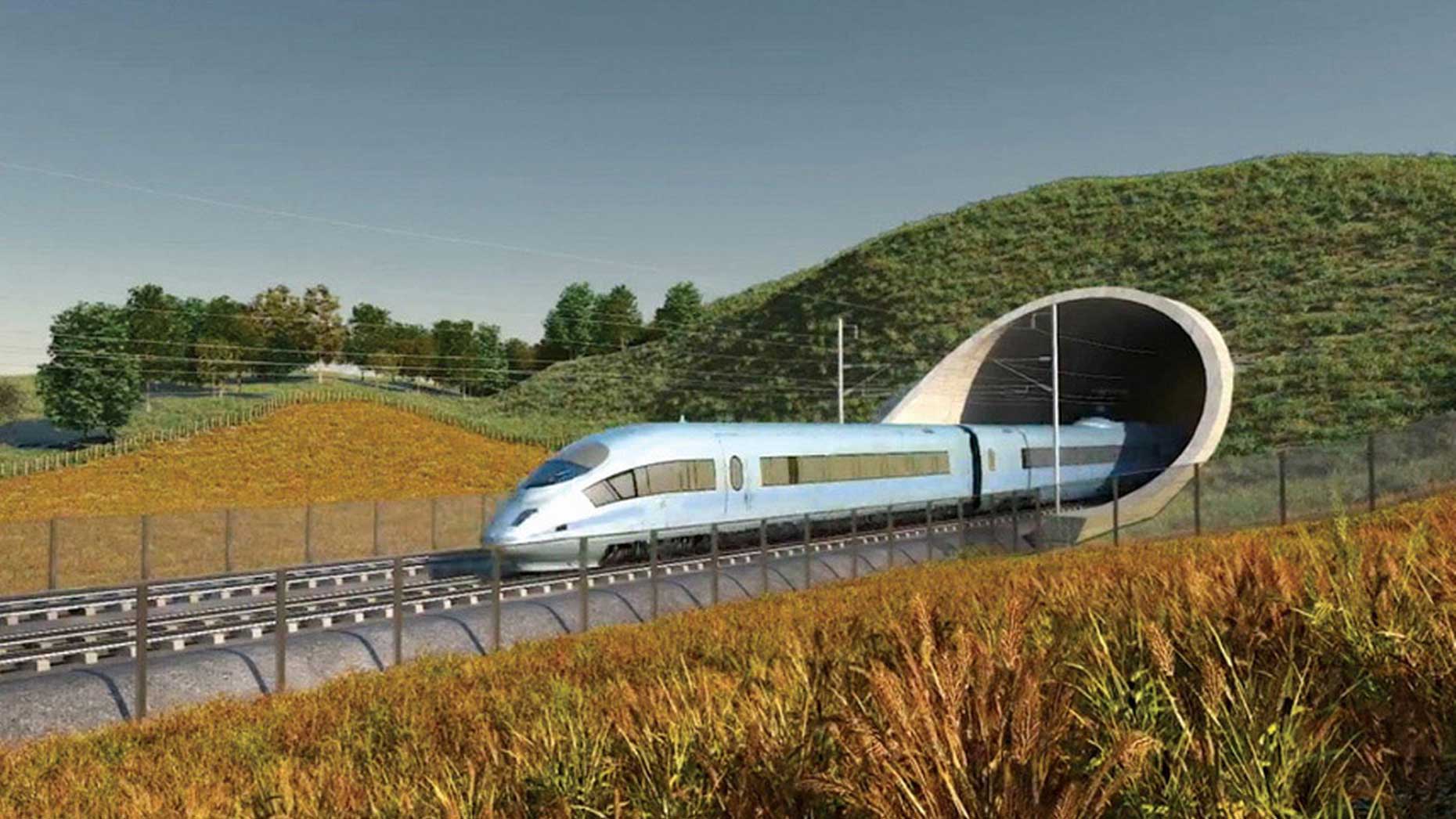Now that HS2 has finally been granted royal assent, after years of debating the issue in parliament, we must ask what difference High Speed rail travel will make to the cities it links together and the areas it will run through. In particular, we should consider what difference it will make to our wonderful city of Leeds.
HS2 will link London, Birmingham, the East Midlands, Leeds and Manchester. It will also mean that travel links to other cities, such as Edinburgh, Glasgow, Liverpool, Newcastle, Sheffield, and York, will be much improved. Thus, the HS2 plans initially seem to be a well-intentioned proposal hoping to address the economic disparity between the South and the North, or alternatively, London and the rest of the country. In fact, according to government polling, 48% of the general public are in favour of HS2, and only 9% are against it. If we look at the polling for Leeds in particular, 57% of the local population is in favour of HS2 with only 5% against it. So, it seems people are generally either happy with the plans for HS2 or haven’t made up their minds on the issue – as demonstrated by the 42% of the general public who are undecided. However, such polling focuses on the cities which will be impacted rather than the country as a whole. It makes complete sense for the cities which will be linked, and thus benefit the most from HS2, to be in favour of the plans. An issue which supporters of HS2 in the media and in parliament have failed to address is the impact HS2 will have on the population of rural Britain.
A 92-page report by auditing company KPMG suggests that rural areas such as Aberdeenshire and Norfolk could face a negative impact of up to £220 million from HS2, compared to the aforementioned urbanised areas, such as Greater London and the West Midlands, which are predicted to receive a boost of up to £2.8 billion. What this seems to indicate is that HS2 may very well have a positive impact on the current economic inequality between the South and North of England, but it could instead increase the cultural and political gulf between highly-urbanised cities and rural areas. In essence, one form of inequality is being replaced by another.
However, as this is a Leeds-based publication one must take into account what effect HS2 will have on Leeds. Supporters of the HS2 plans have argued that High Speed rail will bring thousands of jobs to the North, and particularly to Leeds and Manchester. This is probably why the residents of Leeds are more in favour of the plans than the populations of other cities. Yet there has still been some criticism from local residents that High Speed rail will have a negative impact on the local environment – take for instance, public meetings that have been held in nearby Woodlesford demonstrating opposition to the plan. Again, we see the clash between the city and the countryside.
Overall, it must be argued that HS2 is a good thing for Leeds, and a good thing for the North of England. Though it may adversely impact rural areas, vastly improved rail links would mean that the county of West Yorkshire as a whole would see considerable economic benefits. Thus, HS2 is a worthwhile investment, even if does mean noisier and busier train routes.
Nathan Olsen
(Image courtesy of Brookson)

